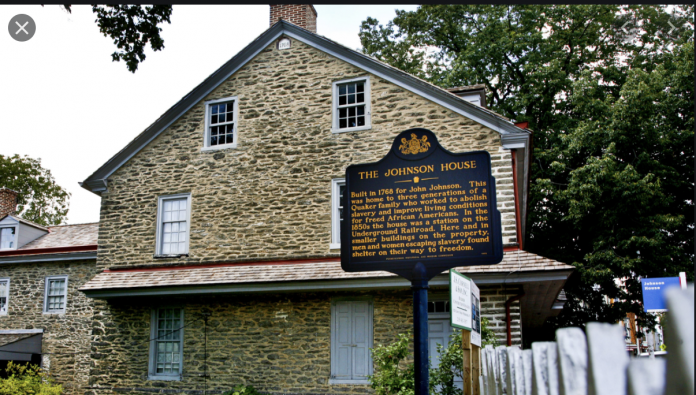If you had to take an open book test answering questions about basic Civics issues in America, do you think you’d pass? Ok. Wait a minute. Let’s not go so far as looking at civics questions about America. Let’s make this easier and just look at questions about Philadelphia that anyone who is civic-minded, and an adult, should know such as, who s the current Mayor of Philadelphia? Who is the current Governor of Pennsylvania? Who is the State Senator for where you live, and who is your State Representative and your City Councilperson? Who is your Congressperson, and who is your United States Senator? Can you name any judges from Philadelphia currently sitting on the bench? Who are the Council at Large members in Philadelphia? As a responsible adult, I think you should know their names. In fact, you should also know where your elected official’s district offices are located. You never know when you might need them. They may or may not be able to actually assist you, but nothing beats a failure but a try. When you need your elected officials, you shouldn’t be stumbling around talking about, “I don’t know where their office is.” On top of that, public officials are easy to find. You don’t have to be a brain surgeon. All you have to know how to do is Google their name.
How about major historic sites in Philadelphia that lend themselves to the history of the founding of this nation? Do you know some or most of those locations? Are you an adult living in Philadelphia all your life? Then you should know. To know these things in my mind is to be civically on par. I’m talking about such locations as the Betsy Ross House, Independence Hall, The Liberty Bell Center, the National Constitution Center, Congress Hall, The President’s House, (where George Washington had several slaves and thank you, Michael Coard, from Avenging the Ancestors Coalition, (ATAC) for bringing all that out for us), The Museum of the American Revolution, Mother Bethel and the Richard Allen Museum, The African American Museum in Philadelphia, and throughout the Philadelphia Region, sites made famous by the American Revolution, such as Valley Forge National Historical Park.
Also, I don’t want to leave out the trail of civic history left by women in Philadelphia. Even the likes of the great Harriet Tubman left some history here. Through her work with the underground railroad, which can take one all the way up to the 6300 block of Germantown Avenue to the Johnson House and Museum where quite a few runaway slaves used to hide out in secret crawlspace above the attic of the old Johnson House. Lucretia Mott has ties to Philadelphia and some of its oldest sites. Throughout Philadelphia and its suburbs, there are museums, statues, preserved buildings, and cemeteries that pay homage to some of the great game-changing women in the history of Philadelphia, all civic-minded people who were leaders in their own right. These women certainly had a hand in shaping the direction of the nation.
Some civics can be learned in books for sure. If you are a history buff, it’s a joy. Read to your heart’s content and learn. Knowing how this nation got its start, it’s all connected to understanding civics and our responsibilities as the citizens who live here. I’ve said this before in past Civics 101 columns, and I know I’ll repeat it again, it is so important to start early, start instilling in our young children the importance of being proud of who they are and where they were born. We have to give our six, seven, and eight-year-olds civics assignments, not just in schools, but at home as well. It’s simple things like taking pride in the block where you live. Give the young ones brooms and dustpans and let them go for what they know. They probably won’t do a good job of cleaning up a sidewalk, but let them try. They’ll think they’re doing a good job, and if you keep having them do it enough, soon enough surprise, surprise, they will start doing a good job of cleaning up on the block. It’s about having community pride. Then you go from having community and neighborhood pride to being proud to say, “I’m from Philadelphia.” I’m from the keystone state, Pennsylvania.
Stop saying “I hate Philadelphia.” Be about the business of trying to make Philadelphia better. If we all do just a little bit to make things better in Philadelphia, little by little, darn it, we’ll start to see positive change. When we as adults speak positive words, our children and grandchildren will speak positive words. Or if we say, I love my community. Or I love the block I live on. I love my neighbors, the babies will start to repeat you and feel it. And mean it. That’s civics at the very most basic level you can get. Let’s build from there and make our city a better place to live and raise our families and or retire. Civic responsibility. It starts there.
If all schools, catholic, public, private, and charter all brought civics classes back into the curriculum, some of the nonsense and craziness we witness happening on our streets, I believe, would start to disappear.
CIVICS
Reading Time: 3 minutes


